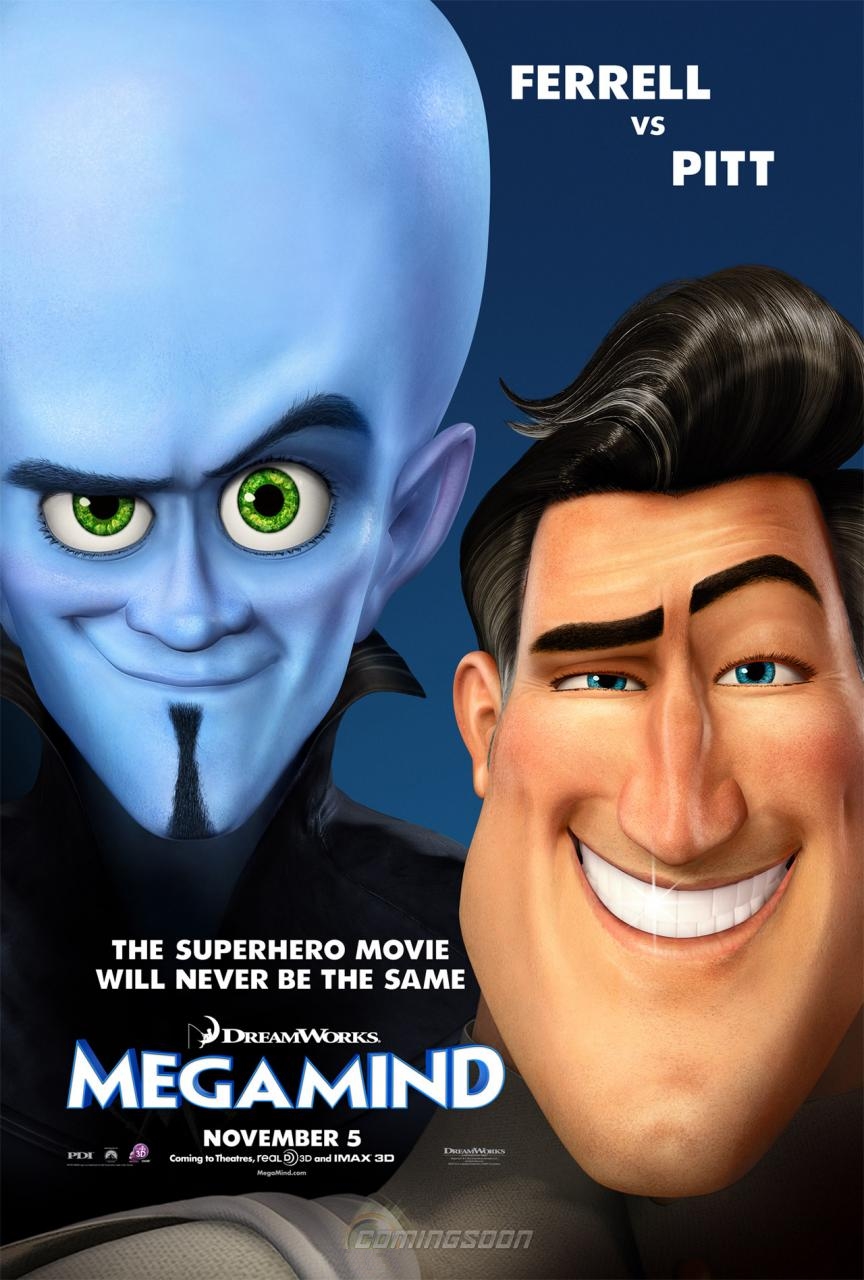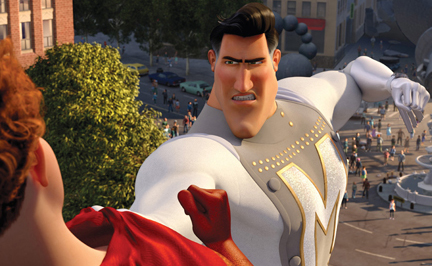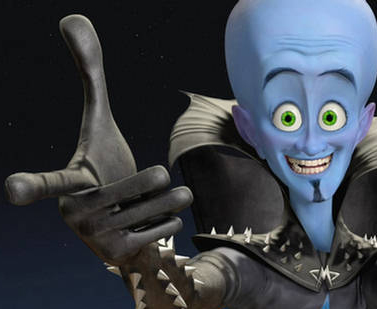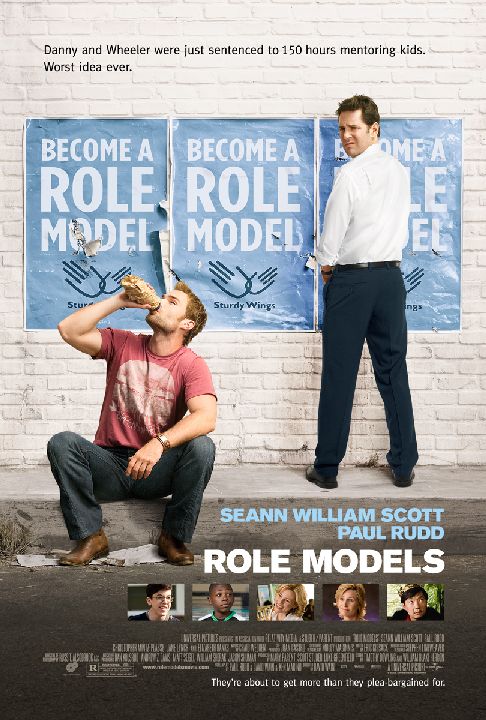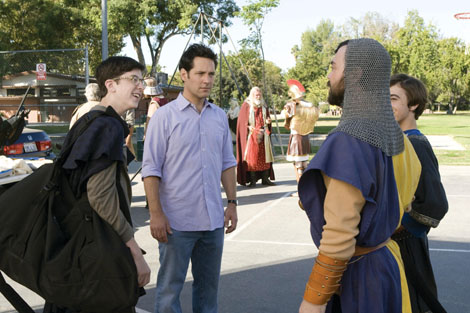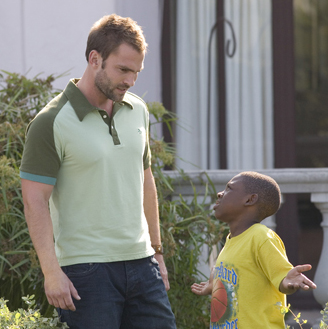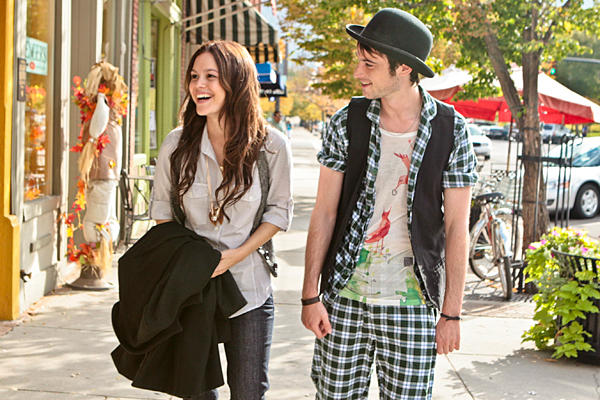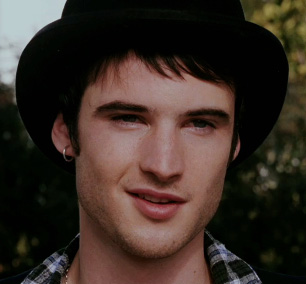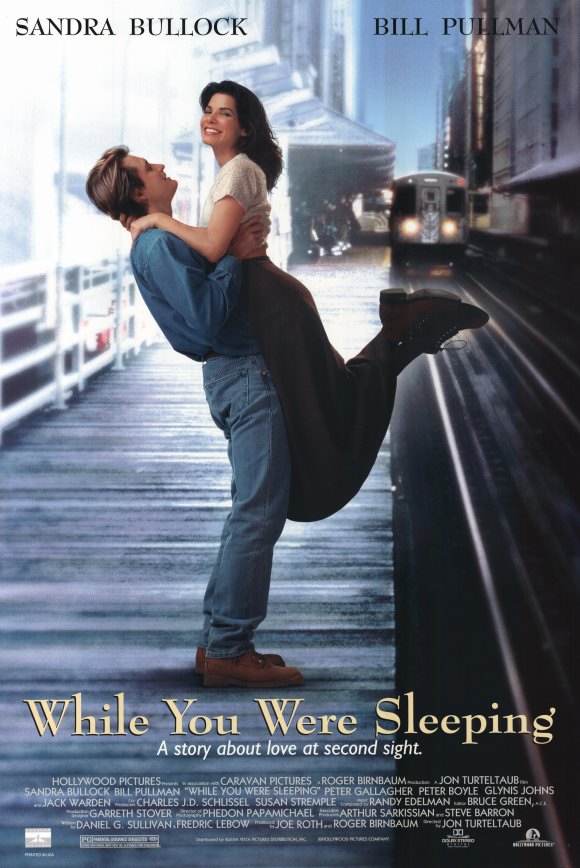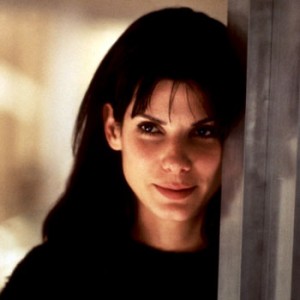Cinema de Gym: 'Man on Fire'
 Saturday, October 1, 2011 at 2:33PM
Saturday, October 1, 2011 at 2:33PM 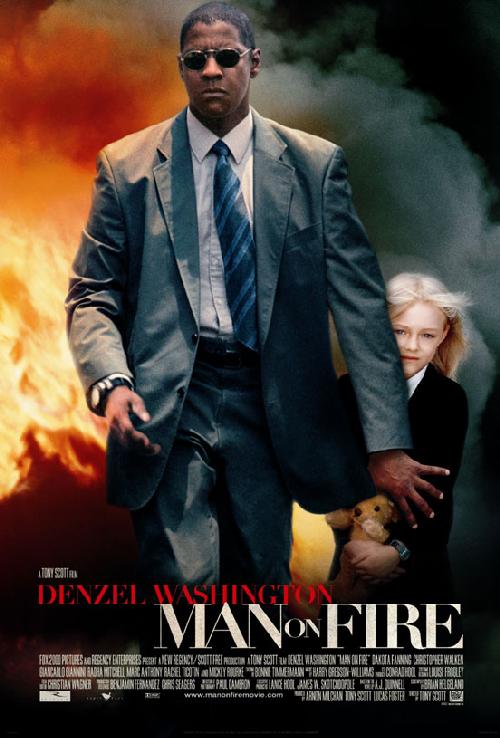 Kurt here. Watching Man on Fire at my gym was a unique experience in that someone on staff, either by accident or sneaky design, played the DVD in Spanish. As I entered the cardio room, no one was bothering to fiddle with the settings, so neither did I. After all, here was an opportunity to better test my image-reading ability, or, at least, to better test Tony Scott's ability to tell a story with images. Enough time had passed since I'd first seen this Denzel Washington vengeance vehicle (released in 2004) for me to be unsure of where I stood in the running time, but given the room full of visibly exhausted investigators and hostage negotiators on screen, my guess was little Dakota Fanning had already been M.I.A. for quite some time. Daddy Marc Anthony, whose sweat-slicked cheekbones and jaw reflect the scene's pervasive blue highlights, is on the phone with who we're meant to assume is the culprit, while a pre-comeback Mickey Rourke, as a (probably) duplicitous agent or some such, is waiting to chew out the caller. Enter former next-big-thing Radha Mitchell, who, as Dakota's mother, steps in to take the phone, only to receive some devastating threat that leads to a Rene-Russo-in-Ransom freakout (in Espańol, no less).
Kurt here. Watching Man on Fire at my gym was a unique experience in that someone on staff, either by accident or sneaky design, played the DVD in Spanish. As I entered the cardio room, no one was bothering to fiddle with the settings, so neither did I. After all, here was an opportunity to better test my image-reading ability, or, at least, to better test Tony Scott's ability to tell a story with images. Enough time had passed since I'd first seen this Denzel Washington vengeance vehicle (released in 2004) for me to be unsure of where I stood in the running time, but given the room full of visibly exhausted investigators and hostage negotiators on screen, my guess was little Dakota Fanning had already been M.I.A. for quite some time. Daddy Marc Anthony, whose sweat-slicked cheekbones and jaw reflect the scene's pervasive blue highlights, is on the phone with who we're meant to assume is the culprit, while a pre-comeback Mickey Rourke, as a (probably) duplicitous agent or some such, is waiting to chew out the caller. Enter former next-big-thing Radha Mitchell, who, as Dakota's mother, steps in to take the phone, only to receive some devastating threat that leads to a Rene-Russo-in-Ransom freakout (in Espańol, no less).
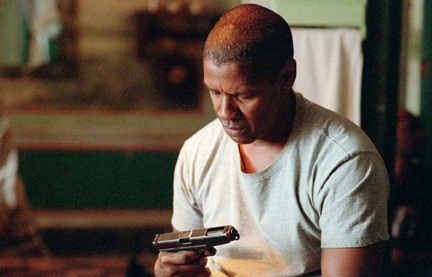 Hombre en Fuego
Hombre en Fuego
From there, we hop to a bed-ridden Denzel, who looks like he's in Mexico but, then, that could just be Scott's burning-pińata aesthetic. Receiving what appears to be intel and some fiery pep talks from sidekick Christopher Walken, Denzel is back on his feet in no time, returning to the scene of the Dakota abduction (a park) and doing a lot of ACTORY things with his face while hunting for clues. This is a dialogue-free scene, but Scott does a lot of talking with the camera, spinning it incessantly to underscore clue confusion. I remember hearing somewhere (probably during some behind-the-scenes tidbit on the FX network) that Scott rigged the camera to a kids' merry-go-round to achieve this effect. I'm all for resourceful filmmaking, but looking again, this approach reads as literal and pushy, in a film already largely defined by maximum force. Satisfied (or so we assume from the answer-providing flashbacks), Denzel relocates to Dakota's parents' place, scouring the girl's bedroom for yet more clues, then encountering Radha. The mom cries about what I think I remember to be an overall fear of betrayal, which is likely justified by film's end. She hands Denzel a teddy bear, and then we cut to the CIA-operative-turned-bodyguard's badass weapons preparation process, an edit that speaks directly to the movie's intended juxtaposition of the sweet and the brutal.
 I recall the sweet being far more effective, to the extent that I told many folks that Man on Fire was only worth watching in its first hour. Written by the busy Brian Helgeland, who adapted the novel that was also put to screen in 1987, the film takes memorable care in establishing a meaningful relationship between Denzel and Dakota, who slowly lowers his guard after he reluctantly agrees to serve as hers. It's moving and involving, and then the movie pivots with Dakota's kidnapping, slipping into a kill-'em-all ass-kicker whose primary goal seems to be appeasing the bloodthirsties in the audience. What we have then is a frantic, yet boring, tone, and grainy variations on Scott's repeated gimmick signature style of saturating the hell out of oranges, greens and blues. This, I believe, was the start of Scott's now-required look, not to mention the start of his maestro-muse relationship with Denzel (Déjà Vu, The Taking of Pelham 1 2 3 and Unstoppable would follow). It's one of those films that has bafflingly amassed a whole lot of devotees – the kind of movie guys love to say they love (in the ultimate seal of approval, it just popped up as one of Taylor Lautner's five faves). I'd love to say I love it, too, but, alas, no. I do wish I'd walked in during the first hour, if only to hear what the then-10-year-old Dakota sounded like dubbed over.
I recall the sweet being far more effective, to the extent that I told many folks that Man on Fire was only worth watching in its first hour. Written by the busy Brian Helgeland, who adapted the novel that was also put to screen in 1987, the film takes memorable care in establishing a meaningful relationship between Denzel and Dakota, who slowly lowers his guard after he reluctantly agrees to serve as hers. It's moving and involving, and then the movie pivots with Dakota's kidnapping, slipping into a kill-'em-all ass-kicker whose primary goal seems to be appeasing the bloodthirsties in the audience. What we have then is a frantic, yet boring, tone, and grainy variations on Scott's repeated gimmick signature style of saturating the hell out of oranges, greens and blues. This, I believe, was the start of Scott's now-required look, not to mention the start of his maestro-muse relationship with Denzel (Déjà Vu, The Taking of Pelham 1 2 3 and Unstoppable would follow). It's one of those films that has bafflingly amassed a whole lot of devotees – the kind of movie guys love to say they love (in the ultimate seal of approval, it just popped up as one of Taylor Lautner's five faves). I'd love to say I love it, too, but, alas, no. I do wish I'd walked in during the first hour, if only to hear what the then-10-year-old Dakota sounded like dubbed over.
Conclusions?
1. If you're looking for a fun angle for your second reading of a film, play it in another language.
2. Sweetening things is no good if it becomes clear that you're more interested in bloodying things up.
3. While I greatly appreciate directorial trademarks, Tony Scott's might be my least favorite.
4. With a single kidnapping, Man on Fire has one more abduction than Taylor Lautner's Abduction.
Are you keen on Man on Fire, or, for that matter, Team Scott/Washington? Do you speak Spanish?



